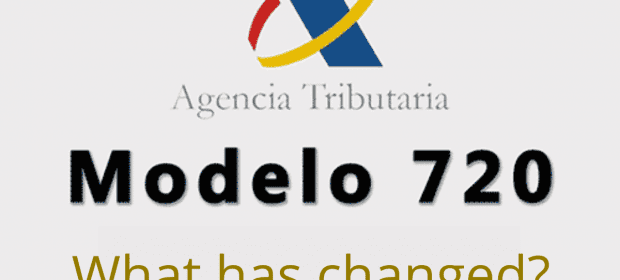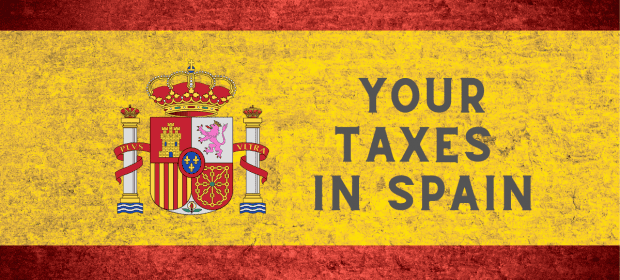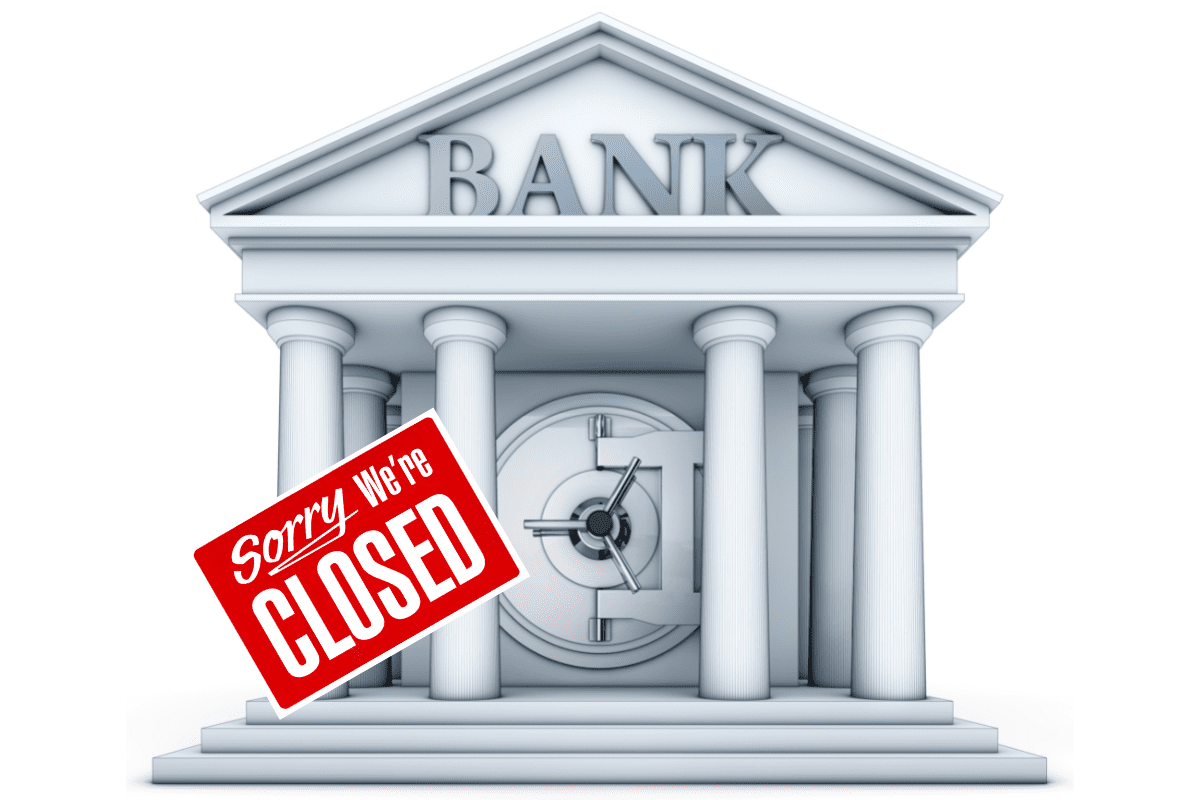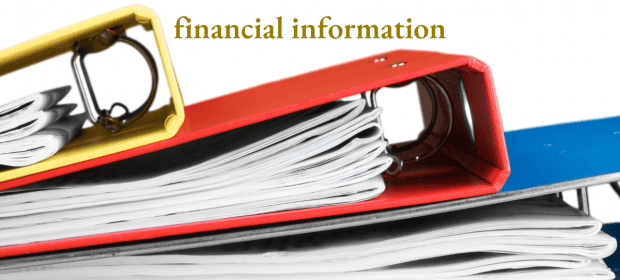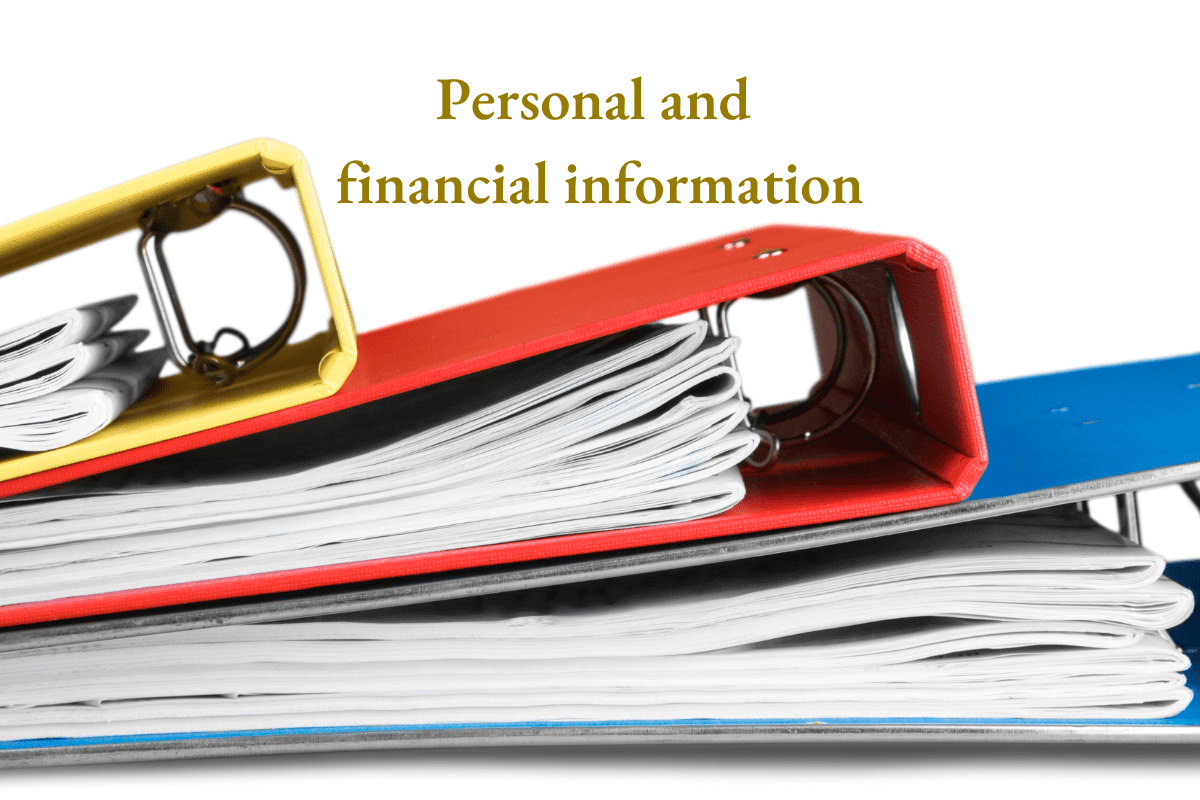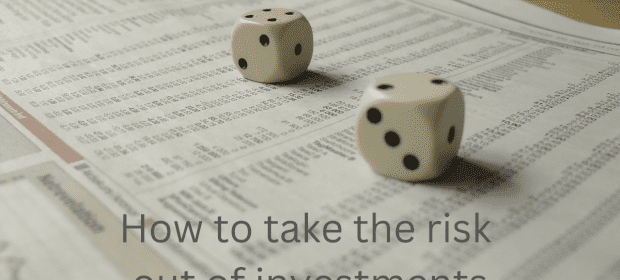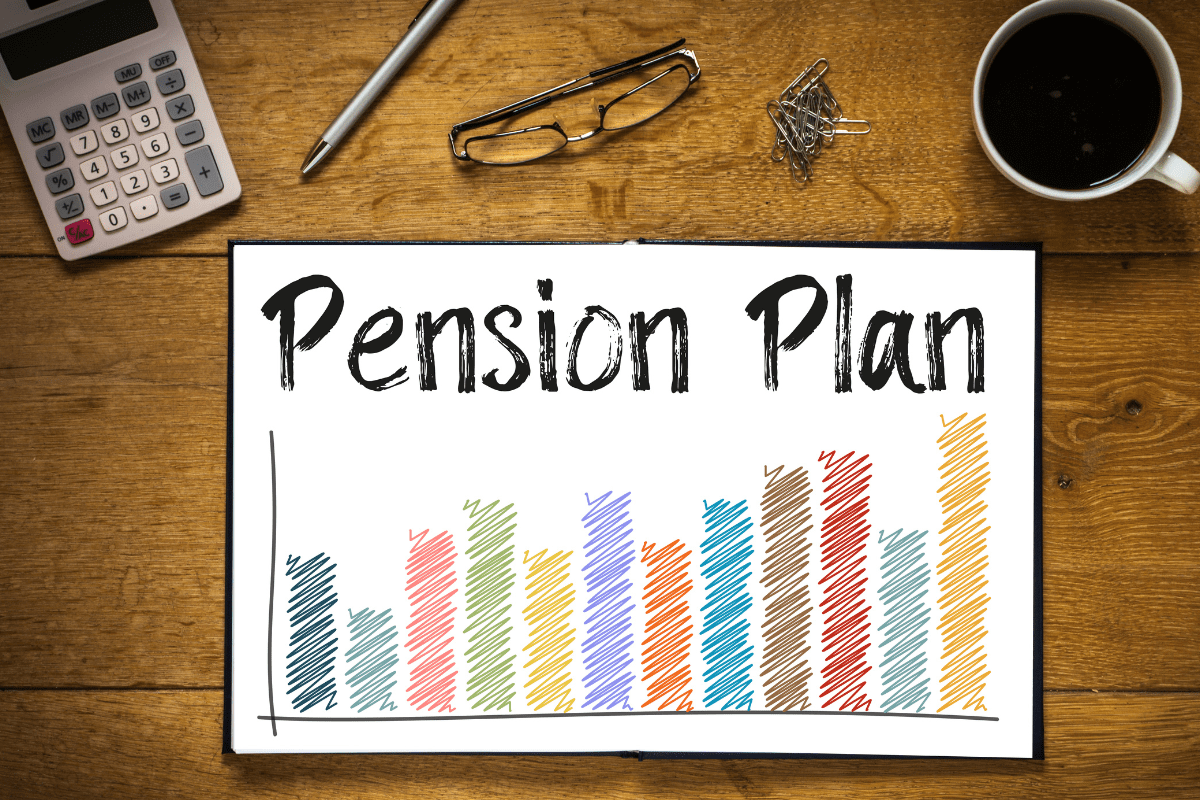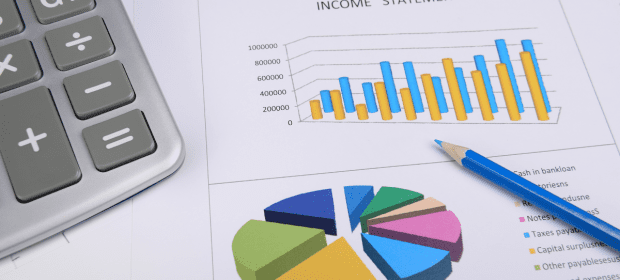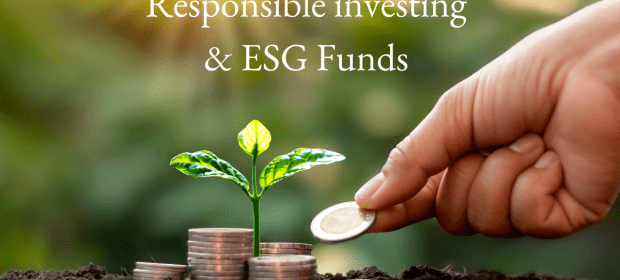If you´re anything like me, you´ll be busy planning Christmas. Anything from where to see the best festive displays in Madrid, to trying to get your family EVERYTHING they want.
Christmas is an exciting time of the year for all of us. As a parent I still love that my children think Santa will make a personal appearance to our house and that he will be parking his sleigh right in the back garden (I have some doubts that they´re now just stringing me along, but I will continue to enjoy it while I can).
We´re all busy fitting in lots of social occasions, handing out gifts and cards and trying to squeeze in a party or two. However, there is also a serious side to the festive season: it’s very easy to overspend and overindulge and end up paying for it well into the new year.
Statistics show that most of us use credit cards to fund Christmas present purchases and to attend occasions we might not normally attend. Unfortunately, many people have problems paying back that debt after Christmas.
I have put together some tips to make sure you start 2020 on the right financial foot, and hopefully this will help you get through the festive season without a financial hangover.
1. Plan your shopping
Always write a list! My wife will laugh aloud at this as I am useless at writing lists BUT it is one of the most important things to do. Never just hit the shops; always write a list of who you want to buy for, an idea of what you want to buy and how much you want to spend. Without your list you´ll shop aimlessly and make purchases on a whim. You´ll lose track of your budget and spend unnecessarily.
Planning and making a list also means you can do some internet research to see what shops have the best sales, or if you could buy the gift online cheaper and save some money.
Research shows that people spend more than they can really afford on Christmas presents each year and end up with a credit card debt they didn’t anticipate after the ¨silly season¨ ends, so it is important to plan and make sure you know how much you can afford to spend.
2. Establish some ground rules
This is an important tip. Too many people get caught up gift giving. It’s nice to give and receive gifts, but it’s helpful to have ground rules. Have the conversation up front with family and friends to make sure everyone is on the same page. Agree on spending limits and who you will and won’t be buying for. This avoids offending anyone or any awkward moments at the Christmas table.
Being part of a big family, we decided to make it about the kids. If we didn’t it would mean buying a lot more presents and spending a whole lot more. When the whole family do get together for Christmas, which is rare due to the geographical situation of our family, then we do a Secret Santa for the adults where limits are set so everyone is on the same page.
3. Focus on personal value rather than financial value
All too often, people get caught up in spending money on gifts at Christmas and focusing on the financial value of those purchases. Instead, focus on the personal value.
From my own experience, I´ve had many a ¨nice¨ item bought for me, but the one present that means more to me than anything else is a framed picture where my kids used their hand prints to make a picture of two robins sitting in a tree (it has a very personal meaning). It has pride of place in my office and is appreciated far more than anything new, shiny or tech related.
Remember, it’s the thought that counts.
4. Avoid the financial hangover of festive season events
Festive season events can cause more than one hangover and let´s be honest, we don’t really enjoy any hangover.
Additional and sometimes unexpected events can really hurt the finances, as we never tend to factor them in to our regular spending habit´s but everyone thinks it’s ok to do it because it’s Christmas. Its amazing how these additional costs add up. Tickets to events, food & drinks, transport, new outfits…the list goes on and on.
If you are planning on being a social animal, think about the event before you go. Plan your whole evening and understand the whole cost of the event, not just the ticket price.
If your budget is a bit tight, be selective and choose the events you can afford to go to. You don’t have to go to everything. Don’t be pressured into attending something just because it’s Christmas. And remember, it’s ok to say no and you don’t need a new outfit for every event!
Finally, if you´re the host don’t be afraid to ask people to bring something to share. Whenever we plan an event, we always ask people to either bring a plate or bring a bottle. People are more than happy to help and generally aren’t expecting a free ride.
5. Make room for the new by getting rid of the old
This is probably more important when kids are involved. Why? Because they seem to have everything already and as they get older it becomes a struggle to know what to buy them. Generally, kids are going to get a lot of gifts. If you have children, you´ll know exactly what I mean. Don’t be afraid to ask them what they don’t play with anymore or what they don’t want anymore.
Look to see what you can dispose of. That’s a harder job before Christmas but can help financially if you can offload unused toys to offset new toys. I had this exact conversation with my daughter, Christmas 2018. All she wanted was a new iPhone, so after first agreeing with the wife to splash out on a new model, we then agreed that the old one was ours to do what we wanted with. A quick online sale gave us €200 which made the new purchase a lot less painful.
We also donate some items to charity; whilst that doesn’t help us financially, it makes a huge difference to others.
6. January sales
Post-Christmas sales can be a great opportunity to get a bargain, but they can also be a good opportunity to get sucked in and enhance the Christmas hangover. Do you really need to go out splurging cash just because there´s a sale? If so, then it’s important to go into the sales with a plan, just like in tip 1. Have a list of what you need so that when you go to the sales you go looking for specific things.
And remember, if you’re planning on hitting the shops with your credit card, you have already put pressure on that pre-Christmas.
7. Survive the school holidays with budget-friendly activities
This is important throughout the year but is still a big part of the silly season. Kids are about to start school holidays and it’s important to budget for entertaining them during that time.
There are so many free things to do with kids in and around Madrid. Most of this can be researched online and within our many local Facebook groups. You don’t need to spend a fortune. We´re lucky enough to have some fantastic parks nearby, some amazing countryside within a short drive and all at no cost.
Planning is crucial. If you plan the money you have available for the period it needs to last, you are less likely to feel the strain of not having enough money.
No Financial Hangover!
8. Plan now for 2020
Planning for 2020 and next Christmas is very important. Talk to your family early about the plan for next year and get the ball rolling straight away so you can be prepared well in advance. Plan birthday and Christmas presents so you can buy in advance and save spending more on less just because it was last minute.
The most important thing to take away from all our tips is to PLAN. Planning plays an important part in being in control of your finances and aware of what you can afford and how much you are spending.
I make no apologies for writing a sensible guide to avoiding the Christmas hangover. Most of us are too focused on the here and now, ensuring we have a great time, only looking at the implications of that good time when the bills start to roll in come January. I hope this will help you to enjoy the festive season, allow you to spend what is right and celebrate without any financial regrets.
Wishing you all a great Christmas and a prosperous New Year!
To book your personal financial review call me on 639118185 or drop me an email at chris.webb@spectrum-ifa.com


